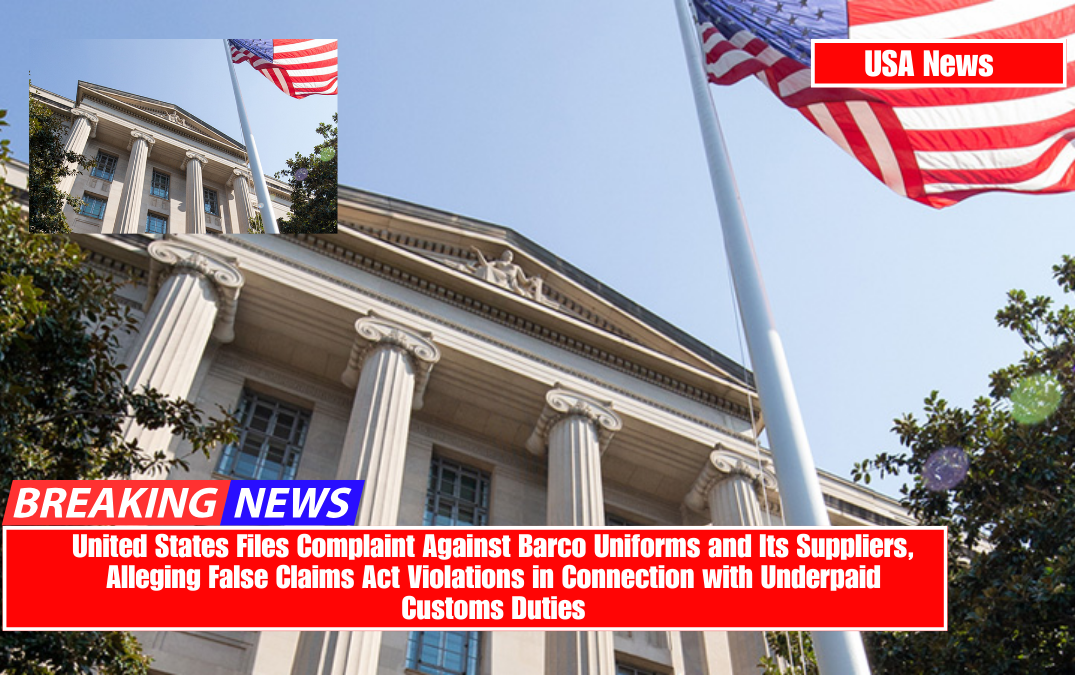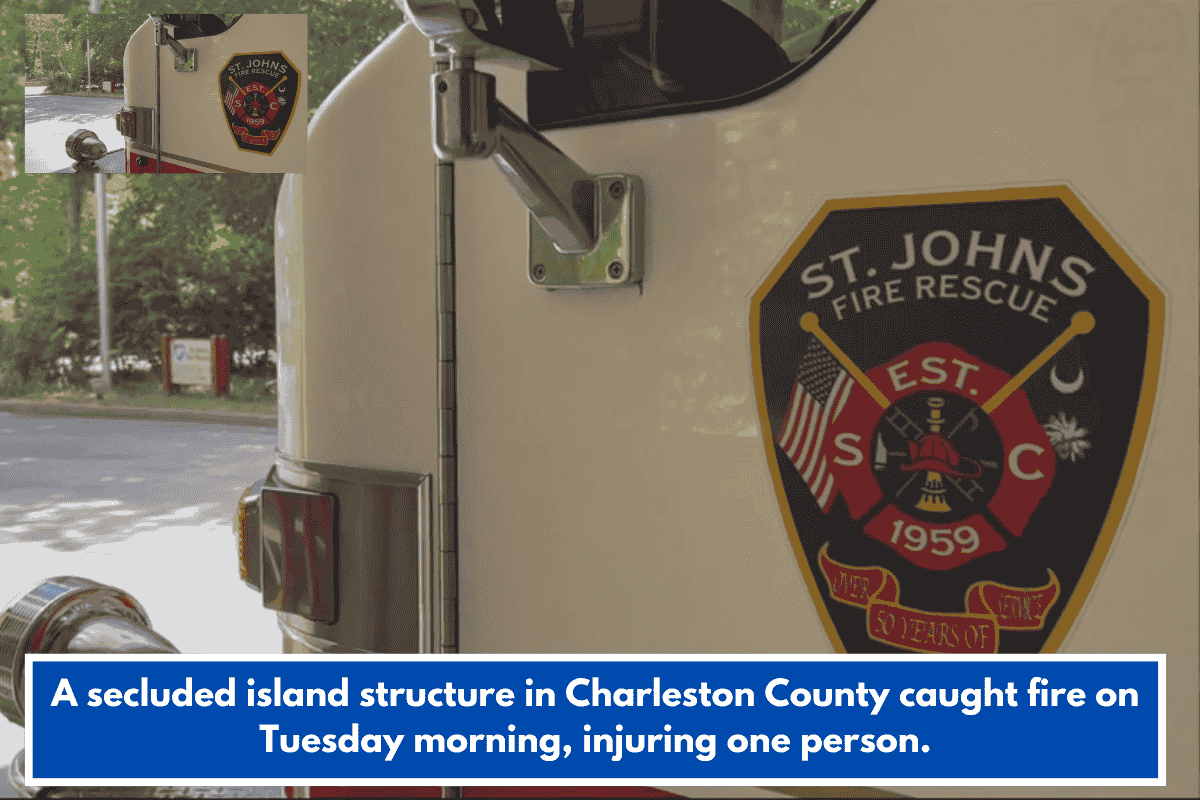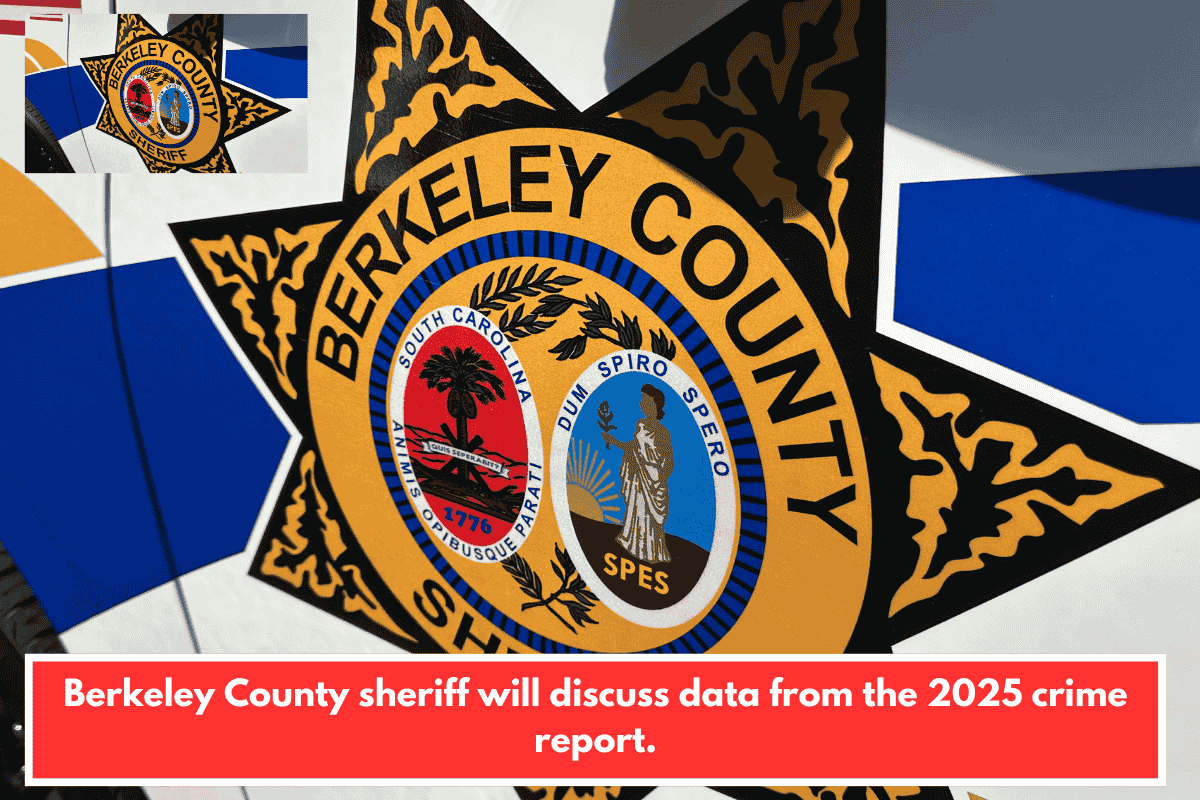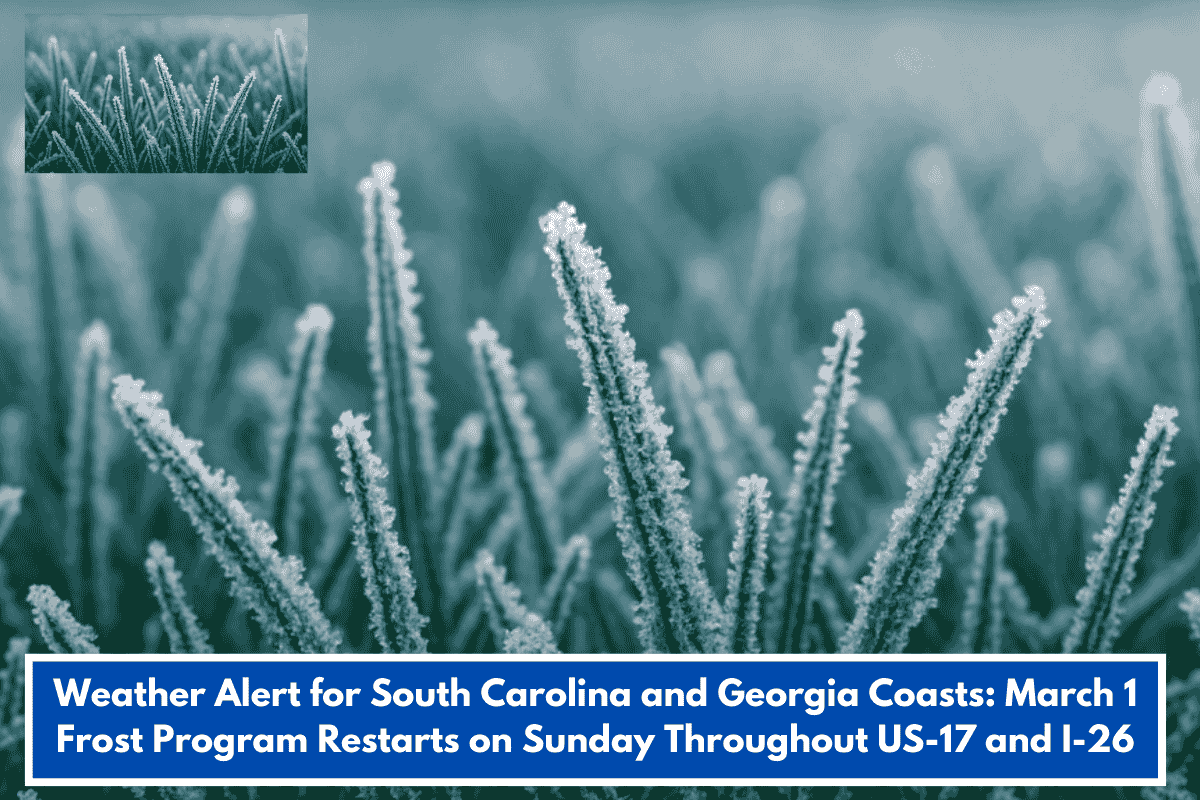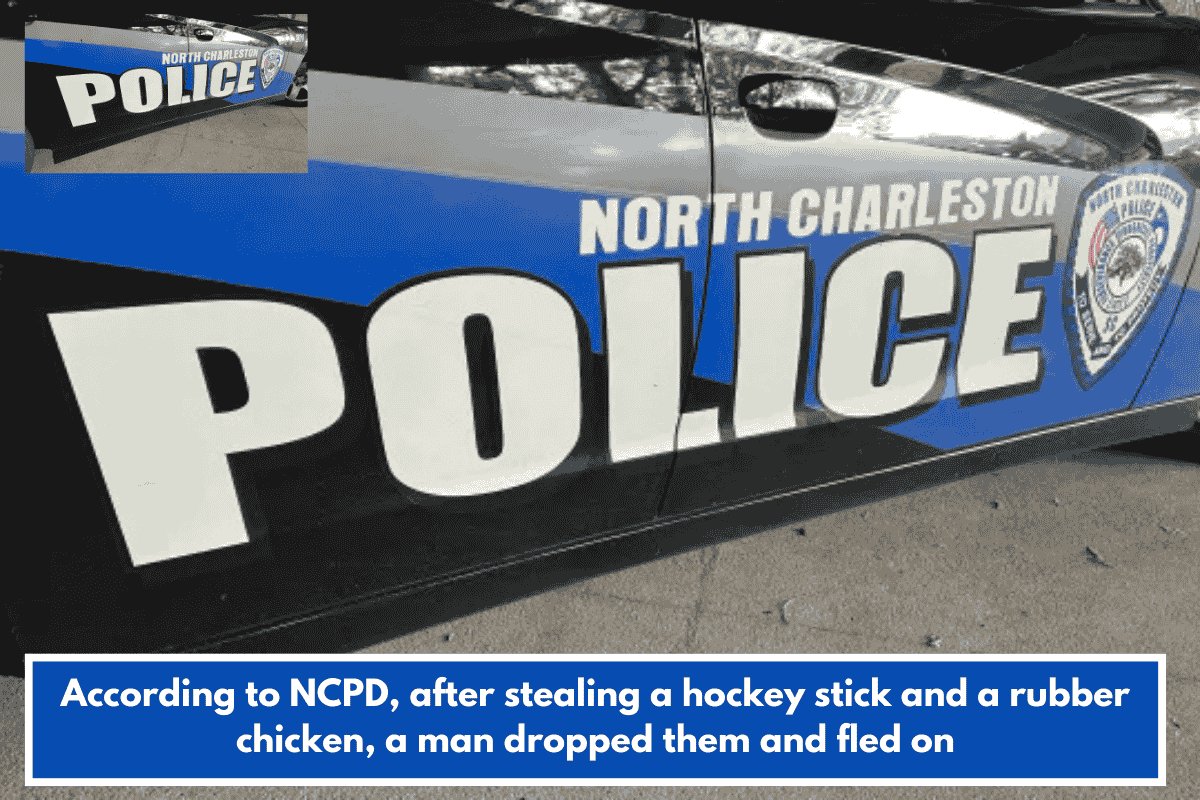The U.S. government has filed a lawsuit against Barco Uniforms Inc., its top executives Kenny Chan and David Chan, and several other related companies. The government claims that these parties broke the law by cheating on customs duties—taxes that are supposed to be paid when bringing foreign goods into the United States.
What is the Case About?
Barco Uniforms sells clothing, including uniforms for restaurants and healthcare workers. The company imports most of these clothes from other countries, mainly China. According to the lawsuit, Barco and the Chan brothers found a way to pay less money than they were supposed to when bringing these clothes into the U.S.
The government says the Chans used a scheme to lie about the value of the clothes. By saying the goods were worth less than they really were, they paid lower taxes—also known as customs duties—on the imports.
What Did They Allegedly Do Wrong?
To legally import products into the U.S., companies must tell U.S. Customs and Border Protection (CBP) the correct value of the goods, whether they owe duties, and how much they need to pay. The CBP uses this information to calculate how much tax the importer needs to pay.
In this case, the lawsuit says Barco and the Chans used fake documents, including “double invoices.” This means they had one real invoice showing the actual price and another fake one with a lower price. They gave the fake invoice to CBP to make it seem like the goods were cheaper, which reduced the taxes they owed.
Even after a third-party auditor warned Barco that they might be underpaying their customs duties, the company continued this practice. The government believes this was done knowingly and intentionally to save money unfairly.
Who Else is Involved?
In addition to Barco and its executives, several other companies controlled by Kenny and David Chan are also named in the lawsuit. These include:
- Able Allied Limited
- Nathan Global Direct Inc.
- J&K Garment Inc.
- Mega Goodwill Ltd.
- JS Garment Co.
- Superway Import & Export Inc.
These companies helped supply Barco with the imported clothing and may have played a role in the undervaluing scheme.
How Was This Discovered?
The case was first brought to light by a whistleblower named Toni Lee. She used to work at Barco as the director of product commercialization. She filed the complaint under the False Claims Act, which allows people to report fraud against the government and even receive a share of any money recovered.
The U.S. government later joined the lawsuit and is now officially taking over the case.
Government’s Response
Officials from the Department of Justice, U.S. Customs and Border Protection, and Homeland Security Investigations are working together on this case. They’ve made it clear that they are serious about stopping companies from cheating the system and avoiding duties that support the country’s economy.
They’ve also said this is not just about money—it’s about making sure everyone plays by the same rules when doing business in the United States.
This lawsuit against Barco Uniforms highlights how seriously the U.S. government takes customs fraud. Importers are required to follow strict rules when bringing foreign-made goods into the country. If the accusations are proven true, Barco and the involved parties could face heavy financial penalties and reputational damage. This case also shows how whistleblowers play an important role in exposing fraud, helping to protect taxpayer money and keep the system fair for all businesses.

